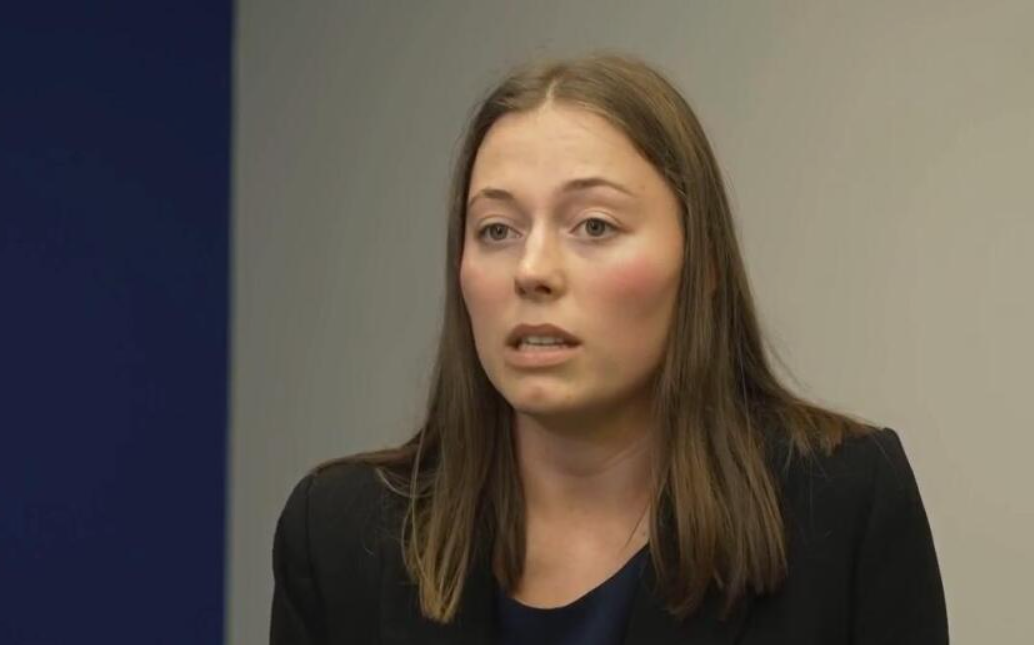A woman who turned 21 on the day of Australia’s federal election in May has become the youngest senator ever elected in the country.
Charlotte Walker, a former union official, secured the third Senate seat for South Australia from the center-left Labor Party, despite the challenges of a complex ranked voting system where a party’s third choice rarely succeeds.
Walker received the lowest number of votes among the six new senators elected for South Australia. The Australian Electoral Commission officially confirmed the results on Tuesday.
Starting her six-year term on July 1, Walker acknowledged the significant adjustment ahead. Federal lawmakers earn a base salary exceeding 205,000 Australian dollars (approximately $133,000) annually.
“There are a lot of feelings — a mix of excitement and pressure,” Walker told the Australian Broadcasting Corporation after the announcement. “I want to represent South Australians well and inspire young people, especially young women, to believe this is achievable. Not many people my age get the chance to go to Canberra and make a meaningful contribution.”
Previously, the youngest senator was Jordon Steele-John from the Greens party, elected in 2017 at age 23 for Western Australia. Australia’s youngest federal lawmaker was Wyatt Roy, elected to the House of Representatives in 2010 at age 20, who served two terms before losing his seat.
Large electoral swings like those on May 3 often result in an increased number of women entering Parliament by winning seats their parties had not expected to claim. However, such newcomers sometimes lose their seats when votes swing back in subsequent elections.
Prime Minister Anthony Albanese anticipates that 57% of Labor lawmakers in both the Senate and House of Representatives will be women when the new Parliament convenes on July 22. This is an increase from the 52% female representation during Albanese’s first term.
Historian Frank Bongiorno from the Australian National University noted that unexpected electoral swings can allow women candidates to enter Parliament after contesting seemingly unwinnable seats. He also emphasized Labor’s long-term efforts to boost female representation, starting with a quota introduced in 1994 requiring 35% of candidates in winnable seats to be women.
“The rise to 57% female representation is partly due to the size of the electoral swing, but also the result of deliberate cultural changes within the Labor Party over the past three decades, moving away from a traditionally male-dominated environment,” Bongiorno said.
Given these circumstances, Walker’s election as the party’s third choice in South Australia was against the odds, Bongiorno added.













